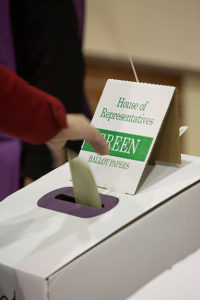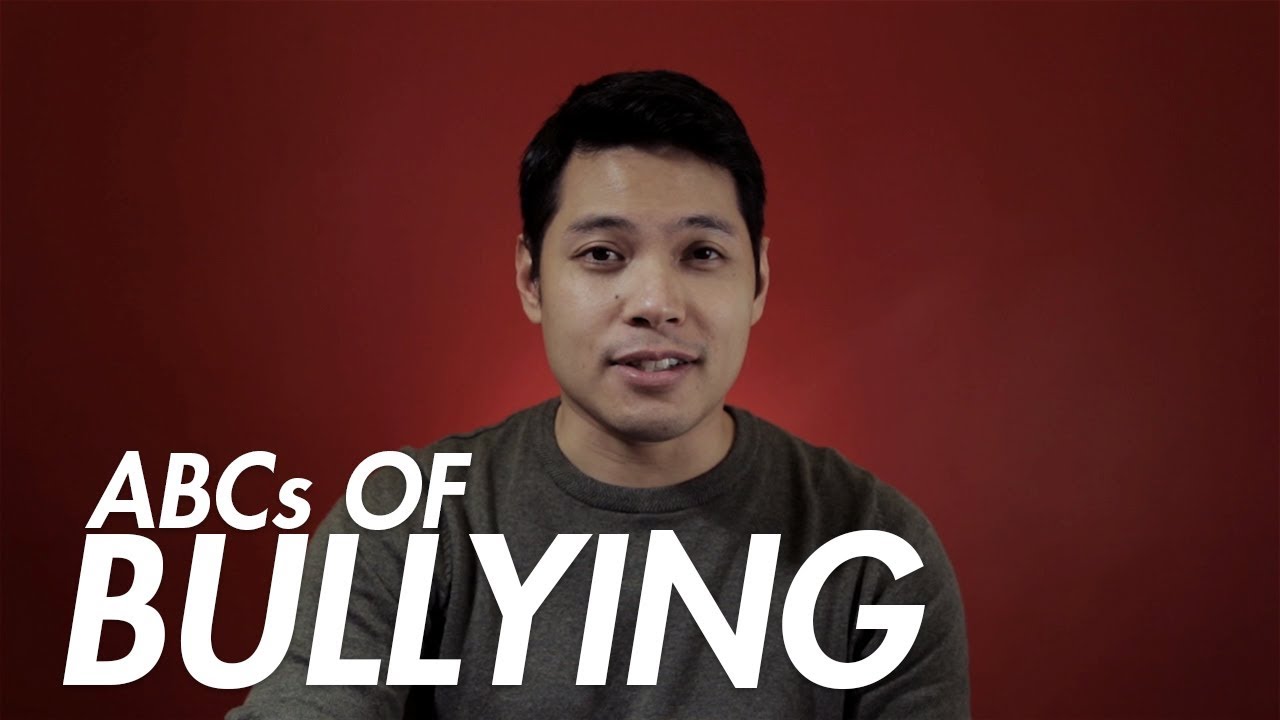Article
Australian Electoral Commission boots online blitz to counter fake news | ITNews
Previous coverage
Being cautious about fake news and misinformation in Australia
From the horse’s mouth
Australian Electoral Commission
My Comments
I regularly cover the issue of fake news and misinformation especially when this happens around election cycles. This is because it can be used as a way to effectively distort what makes up a democratically-elected government.
When the Victorian state government went to the polls last year, I ran an article about the issue of fake news and how we can defend ourselves against it during election time. This was because of Australia hosting a run of elections that are ripe for a concerted fake-news campaign – state elections for the two most-populous states in the country and a federal election.
It is being seen as of importance due to fact that the IT systems maintained by the Australian Parliament House and the main Australian political parties fell victim to a cyber attack close to February 2019 with this hack being attributed to a nation-state. This can lead to the discovered information being weaponised against the candidates or their political parties similar to the email attack against the Democrat party in the USA during early 2016 which skewed the US election towards Donald Trump and America towards a highly-divided nation.
The issue of fake news, misinformation and propaganda has been on our lips over the last few years due to us switching away from traditional news-media sources to social media and online search and news-aggregation sites. Similarly, the size of well-respected newsrooms is becoming smaller due to reduced circulation and ratings for newspapers and TV/radio stations driven by our use of online resources. This leads to poorer-quality news reporting that is a similar standard to entertainment-focused media like music radio.
A simplified low-cost no-questions-asked path has been facilitated by personal computing and the Internet to create and present material, some of which can be questionable. It is now augmented by the ability to create deepfake image and audio-visual content that uses still images, audio or video clips to represent a very convincing falsehood thanks to artificial-intelligence. Then this content can be easily promoted through popular social-media platforms or paid positioning in search engines.
Such content takes advantage of the border-free nature of the Internet to allow for an actor in one jurisdiction to target others in another jurisdiction without oversight of the various election-oversight or other authorities in either jurisdiction.
I mentioned what Silicon Valley’s online platforms are doing in relation to this problem such as restricting access to online advertising networks; interlinking with fact-check organisations to identify fake news; maintaining a strong feedback loop with end-users; and operating robust user-account-management and system-security policies, procedures and protocols. Extant newsrooms are even offering fact-check services to end-users, online services and election-oversight authorities to build up a defence against misinformation.
But the Australian Electoral Commission is taking action through a public-education campaign regarding fake news and misinformation during the Federal election. They outlined that their legal remit doesn’t cover the truthfulness of news content but it outlines whether the information comes from a reliable or recognised source, how current it is and whether it could be a scam. Of course there is the issue of cross-border jurisdictional issues especially where material comes in from overseas sources.
They outlined that their remit covers the “authorisation” or provenance of the electoral communications that appear through advertising platforms. As well, they underscore the role of other Australian government agencies like the Australian Competition and Consumer Commission who oversee advertising issues and the Australian Communications And Media Authority who oversee broadcast media. They also have provided links to the feedback and terms-and-conditions pages of the main online services in relationship to this issue.
These Federal agencies are also working on the issue of electoral integrity in the context of advertising and other communication to the voters by candidates, political parties or other entities; along with the “elephant in the room” that is foreign interference; and security of these polls including cyber-security.
But what I have outlined in the previous coverage is to look for information that qualifies the kind of story being published especially if you use a search engine or aggregated news view; to trust your “gut reaction” to the information being shared especially if it is out-of-touch with reality or is sensationalist or lurid; checking the facts against established media that you trust or other trusted resources; or even checking for facts “from the horse’s mouth” such as official press releases.
Inspecting the URL in your Web browser’s address bar before the first “/” to see if there is more that what is expected for a news source’s Web site can also pay dividends. But this can be a difficult task if you are using your smartphone or a similarly-difficult user interface.
I also even encourage making more use of established trusted news sources including their online presence as a primary news source during these critical times. Even the simple act of picking up and reading that newspaper or turning on the radio or telly can be a step towards authoritative news sources.
As well, I also encourage the use of the reporting functionality or feedback loop offered by social media platforms, search engines or other online services to draw attention to contravening content This was an action I took as a publisher regarding an ad that appeared on this site which had the kind of sensationalist headline that is associated with fake news.
The issue of online misinformation especially during general elections is still a valid concern. This is more so where the online space is not subject to the kinds of regulation associated with traditional media in one’s home country and it becomes easy for foreign operators to launch campaigns to target other countries. What needs to happen is a strong information-sharing protocol in order to place public and private stakeholders on alert about potential election manipulation.



